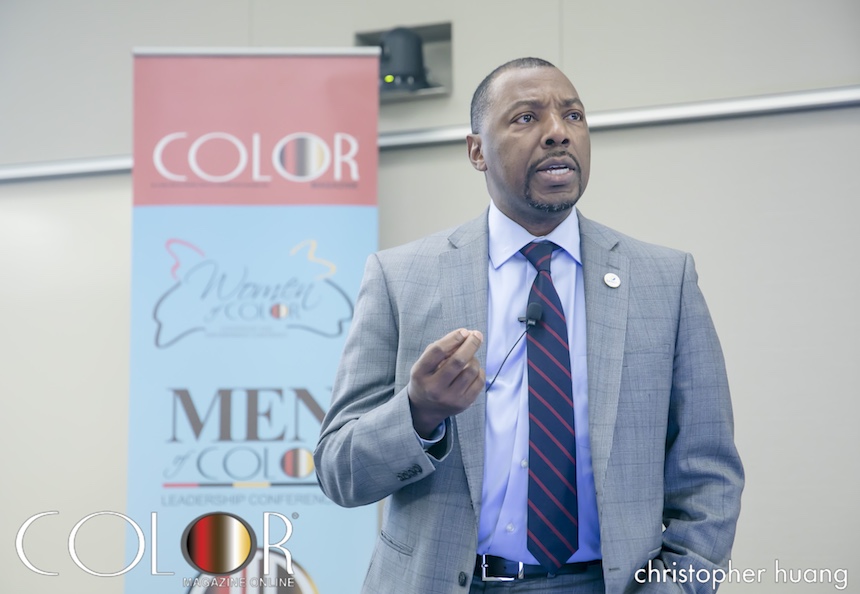
By Monsurat Olugbode
Clint Wallace is Chair of US Country Council and Head of Human Resources, North America, for Sanofi, a global biopharmaceutical company. Clint has a hand in all aspects of HR management, from talent acquisition and management to D&I initiatives for 17,000 employees. As Chair of the Country Council, Wallace travels to meet with customers and government constituents.
Although both roles keep his schedule full and bags packed, Wallace finds many rewards in his work, including his involvement in the nine employee resource groups (ERGs). “The ERGs aid in making connections to a particular market and make the company more interactive,” explains Wallace. Some of the ERG’s include: Women Inspiring Sanofi Excellence (WISE); PrideConnect (LGBTQ+); ADVANCE (a multicultural group); VETS; Cancer Connect; and CareGive. Wallace enjoys the ability to help people from various backgrounds to realize their dreams and achieve them at Sanofi.
When recalling his most rewarding career moments at Sanofi, Men Advocating Real Change (MARC) comes to mind. MARC is an initiative geared toward galvanizing men to advocate for inclusion and change. “In order for us to realize true growth around inclusion and diversity, we need men. We need white men under the tent, as well. If we don’t have men also advocating for change with women, it’s not going to go anywhere, because, although it’s changing, there are predominately men in those higher positions of power.”
As a male leader, Wallace continually strives to be humble and is motivated by his ability to assist others. He understands that leadership comes with its own learning curve and consistently works to be ten paces ahead. However, he’s aware that there are those who will judge him, regardless of his presentation.
Spending his first 11 years in Jamaica, being a man of color in the US means something slightly different to Wallace. “I’ve been in this country for thirty-eight years, and I never knew the color of my skin until I came here. It’s not because Jamaica is predominately black – the population is diverse. It’s because of the treatment. You are treated differently here, because you are black. However, it has gotten better over the thirty-eight years.”
Though recent events have made me more cognizant of my skin tone lately, I go to the advice my mother said when I graduated with my MBA. “You have to be twice as smart and way ahead of the competition.”


